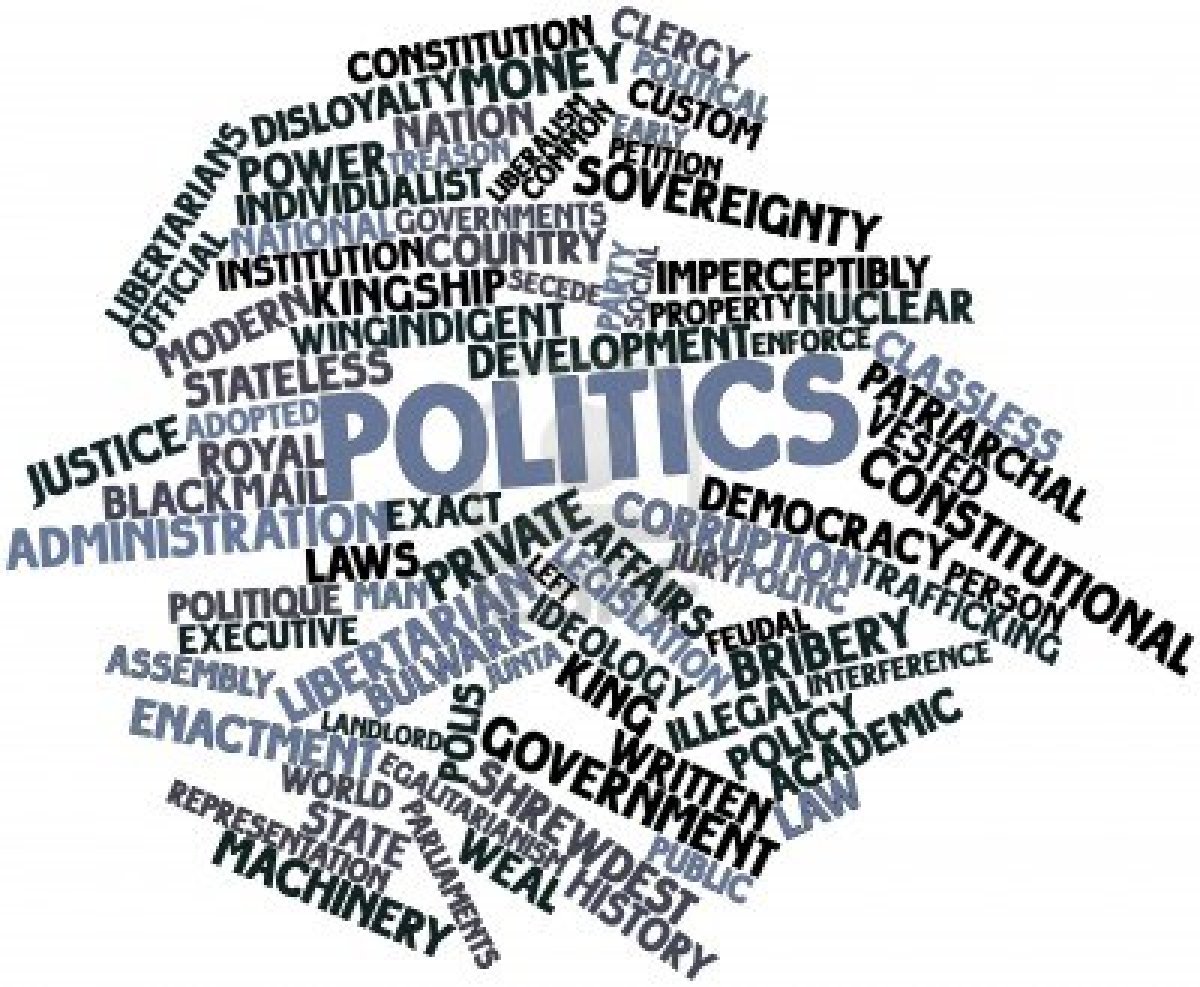[Politics & Diplomacy News]

Executive Summary

This article delves into the complex and ever-evolving landscape of international politics and diplomacy. It explores key trends and events shaping the global order, examining critical issues such as geopolitical shifts, international cooperation, trade and economic relations, conflict resolution, and the role of technology. Through a comprehensive analysis of these subtopics, this article aims to provide valuable insights into the forces that are driving global events and the potential implications for nations and individuals alike.

Introduction
The world stage is a dynamic and intricate tapestry woven with threads of power, ideology, and interconnectedness. International politics and diplomacy are the mechanisms through which nations interact, negotiate, and navigate the complexities of a globalized world. This article delves into the current state of affairs, examining key trends and issues that are shaping the global order.
Frequently Asked Questions
1. What is the significance of international diplomacy?
International diplomacy serves as the primary means for nations to communicate, resolve disputes, and forge partnerships. It involves the exchange of information, the negotiation of agreements, and the fostering of collaborative efforts.
2. What are the major challenges facing global diplomacy today?
Contemporary international relations are characterized by a number of pressing challenges, including the rise of nationalism, the proliferation of weapons of mass destruction, climate change, and the increasing impact of technology on global affairs.
3. How does technology influence international diplomacy?
Technology is fundamentally transforming the practice of diplomacy. Social media, instant communication, and the rise of cyberattacks create new avenues for engagement and pose unprecedented challenges to traditional diplomatic norms.
Geopolitical Shifts
The global power balance is in constant flux, driven by a myriad of factors including economic growth, technological innovation, and political transformations.
- The Rise of Asia: Countries like China and India are experiencing rapid economic growth and rising influence on the world stage. Their increasing military capabilities and diplomatic assertiveness are reshaping the geopolitical landscape.
- The Decline of the West: The United States, once the dominant global power, is facing growing challenges from a resurgent Russia and a more assertive China. The relative decline of Western influence is prompting a reassessment of global power dynamics.
- The Rise of Non-State Actors: Terrorist organizations, transnational criminal networks, and other non-state actors are increasingly playing a role in international affairs. Their ability to operate across borders and challenge national sovereignty poses a significant threat.
- The Impact of Globalization: The interconnectedness of the world economy and the rapid flow of information are blurring traditional national boundaries. This process of globalization has both positive and negative implications for nations and individuals.
International Cooperation
In an era of interconnected challenges, international cooperation is essential for tackling global issues. Multilateral institutions and agreements play a crucial role in fostering collaboration and finding solutions to shared problems.
- Multilateral Institutions: The United Nations, the World Trade Organization, and other international organizations provide forums for dialogue, negotiation, and joint action. These institutions serve as catalysts for cooperation, promoting collective solutions to global challenges.
- Global Agreements: International treaties, conventions, and agreements lay the groundwork for cooperation on issues such as climate change, nuclear non-proliferation, and human rights. These agreements provide a framework for collaboration and accountability.
- The Importance of Trust: Effective international cooperation requires a foundation of mutual trust and respect. Building trust among nations can be a challenging process, but it is essential for forging lasting partnerships.
- Challenges to Cooperation: National interests, ideological differences, and historical rivalries can hinder international cooperation. Finding common ground and bridging divides is crucial for achieving shared goals.
Trade and Economic Relations
International trade and investment are critical drivers of economic growth and development. The global economy is increasingly interconnected, with trade flows and financial markets operating on a global scale.
- Free Trade Agreements: Bilateral and multilateral trade agreements aim to reduce tariffs, remove barriers to trade, and promote economic integration. Free trade agreements can create opportunities for businesses and consumers, but they can also have complex social and environmental impacts.
- Global Economic Institutions: The World Bank, the International Monetary Fund, and other international financial institutions play a role in regulating global trade and providing financial assistance to developing countries. These institutions have both positive and negative impacts on the global economy.
- Trade Disputes: Disagreements over trade policies, intellectual property rights, and other issues can lead to trade disputes. Resolving trade disputes peacefully and constructively is essential for maintaining global economic stability.
- The Impact of Technology: Technological advancements, such as e-commerce and digital currencies, are transforming the landscape of international trade. These changes present both opportunities and challenges for businesses and governments.
Conflict Resolution
International conflicts can have devastating consequences, both for the parties involved and for the broader international community. Conflict resolution mechanisms are essential for preventing violence, fostering peace, and promoting stability.
- Diplomacy and Negotiation: Dialogue and negotiation are the cornerstone of conflict resolution. Diplomacy involves the use of peaceful means to address disagreements and find common ground.
- Mediation and Arbitration: Third-party actors can play a crucial role in facilitating negotiations and reaching a mutually acceptable resolution. Mediation involves assisting parties in reaching a negotiated settlement, while arbitration involves a third party making a binding decision.
- Peacekeeping Operations: UN peacekeeping missions are deployed to conflict zones to monitor ceasefires, protect civilians, and promote peace. These missions often operate in challenging environments and face complex humanitarian and security challenges.
- International Law: International law provides a framework for resolving disputes peacefully and upholding international order. The International Court of Justice and other international tribunals play a role in enforcing international law and adjudicating disputes.
The Role of Technology
Technology is fundamentally transforming the nature of international politics and diplomacy. The internet, social media, and other digital tools are creating new avenues for communication, collaboration, and conflict.
- Cyber Diplomacy: Nations are increasingly using cyber tools to conduct diplomacy, gather intelligence, and influence public opinion. Cyber diplomacy raises new questions about sovereignty, security, and the ethics of information warfare.
- Social Media and Public Diplomacy: Social media platforms are becoming increasingly important tools for public diplomacy, allowing governments to communicate directly with citizens around the world. These platforms can also be used to influence public opinion and advance national interests.
- Cybersecurity and International Security: Cyberattacks and data breaches pose significant threats to national security and international stability. International cooperation is essential for addressing cybersecurity challenges and developing a framework for responsible behavior in cyberspace.
- Emerging Technologies: Advances in artificial intelligence, biotechnology, and other emerging technologies are raising complex ethical and geopolitical issues. Nations are grappling with how to regulate these technologies and ensure their responsible development and use.
Conclusion
The international political landscape is a dynamic and complex system. Nations are constantly navigating a complex web of relationships, seeking to advance their interests while also collaborating on shared challenges. Geopolitical shifts, international cooperation, trade and economic relations, conflict resolution, and the role of technology are all critical aspects of this dynamic system. By understanding these key trends and issues, we can better navigate the complexities of the global order and contribute to a more peaceful and prosperous world.
Keywords:
- International Politics
- Diplomacy
- Global Order
- Geopolitical Shifts
- International Cooperation
- Trade and Economic Relations
- Conflict Resolution
- Technology in Diplomacy
- Cybersecurity

